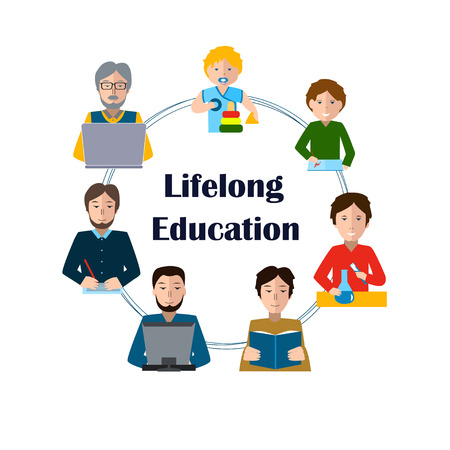Digital Inclusion – How the Accessibility of Online Courses Might Help
 A recent BBC report entitled ‘Your country needs you connected’ sheds fresh light on the number of people in the UK who are digitally excluded. According to Jane Wakefield, whilst the popularity of Twitter and Facebook are growing, ’17 million Britons have never been online’. Digital Champion, Martha Lane Fox, is at the forefront of getting the outsiders online – so how can online certificate degree courses help her cause.
A recent BBC report entitled ‘Your country needs you connected’ sheds fresh light on the number of people in the UK who are digitally excluded. According to Jane Wakefield, whilst the popularity of Twitter and Facebook are growing, ’17 million Britons have never been online’. Digital Champion, Martha Lane Fox, is at the forefront of getting the outsiders online – so how can online certificate degree courses help her cause.
According to the report, Lane Fox is primarily concerned with targeting the six million poorest in the country, in order to break the correlation between social and digital exclusion. This is regarded as a particularly tough job by Bill Dutton of the Oxford Internet Institute. He asks, “How do you get people to experience a technology that they are predisposed not to be interested in?”
This is a valid problem, and one that I think will be solved, naturally by the growing dependency on e-Learning and online technologies to solve the increasing demand for further education courses. Yet equally, there undoubtedly needs an increase in accessibility for online courses beyond paid higher education institutions in order to minimize the risk of deterrence even further.
This calls for all types of business and services to offer easy and relevant online schemes. A move that has already been made by the Department for Work and Pensions, who’s job search site has, according to Wakefield, ‘averaged a pretty impressive one million searches per day’. Such schemes are causing more of those who may not be connected at home to visit their local online centres – a trend that is no doubt stimulated by the need of many to increase their job searching zeal.
This report come at a time when in the US, Barack Obama has unveiled an initiative funding of $12 million to be given to community colleges across the country. In order to increase the degree and certificate completion rate by 50 percent, he is also calling to make a number of distance learning courses free to anybody using open content.
I can see such a method being incorporated to Lane Fox plans in the UK (or, at least, I hope it will be). Offering free mini-courses ‘to help you find a job online’ or ‘to help you fill in your tax return online’ all seem logical – and if they are seen as a way of saving money – then the benefits of digital inclusion will be all the more evident.

